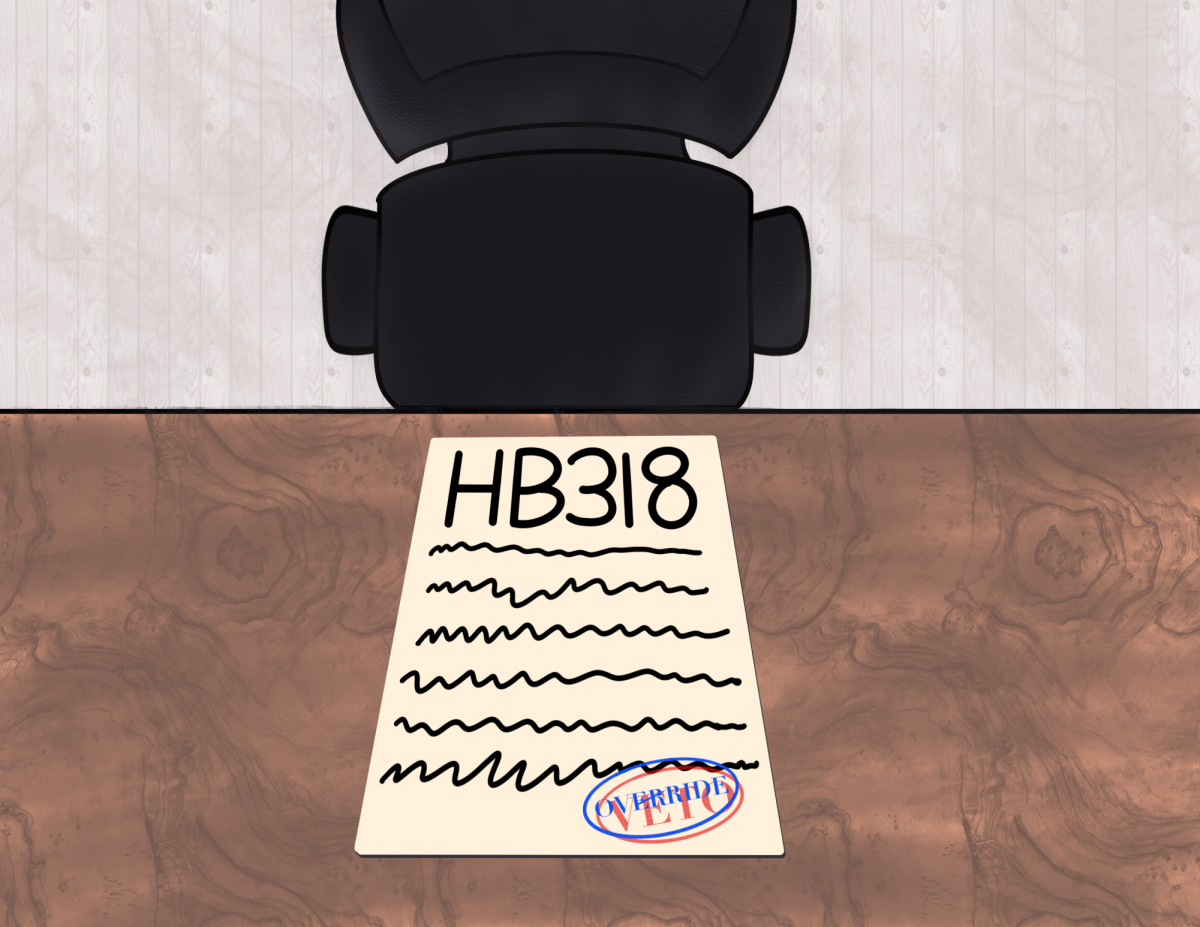Even though sex is still a fairly taboo subject in the United States, perceptions and judgments of people who engage in “no-strings” sexual behavior have come a long way. Not surprisingly, the college environment turned out to be a prime place to study behavior associated with hookups.
Rather than looking at society as a whole, Assistant Professor Sinikka Elliott—author of the upcoming book Not My Kid: Parents and Teen Sexuality—wanted to learn how college students viewed the circumstances surrounding a hookup. Elliott’s chief interest is the inequality between different demographics, and her recent research focuses on the sexual double standard that exists between the judgment of men and women concerning the hookup.
“We did expect that there might be a difference in how our men students characterized and judged the actors [in the scenario],” Elliot said, but she later added that she was “surprised” by the results.
In Elliot’s study, students in her classes were to consider a scenario where a man and a woman enjoy a hookup after meeting briefly at a party.
“A woman and a man meet at a party and hit it off. At the end of evening, she takes him to her house and they have a night of wild sex, which they both enjoy. The following weekend, the man asks the woman out and they go to dinner on a date. The date ends with just a kiss, nothing else,” Elliot posited to her class.
The sample of students was split into two groups. The only variable that changed between the groups was that the gender of the actor who initiated the hookup and of the actor who initiated the date was swapped – in one scenario, the woman was the target of the hookup and the man initiated the date, whereas in the other, the man was the target and the woman initiated the date.
The study was conducted in an introductory sociology class, and so it sampled students from many different majors and backgrounds. Furthermore, the study asked for the students’ “gut reaction” to the scenario so the students would describe their raw impressions instead of a cerebral explanation.
Some of the students’ more colorful reactions to the woman initiating the hookup include, “She was really aroused and wanted to get some,” and, “She’s attracted to the party type and she likes sex.”
Elliott noted that reactions like these were important because they affirmed the idea of the woman having “sexual agency,” or empowerment.
Elliot said she was surprised to find that students tended not to criticize the woman for initiating the hookup. In fact, according to the study, students who explained the hookup based on the bad character or low morals of either of the actors were extremely rare.
As the study soon showed, however, not everything is perceived as equal. When the students started to discuss the date that followed the hookup in the scenario, their explanations tended to adhere to gender stereotypes, or as Elliott puts it, “sexual scripts.”
The study noted one student who reacted, “Once the man calls and asks for a date. . . the situation enters traditional roles they have to go through.” Explanations for why the date ended without sex often discussed the concept that the woman wanted to redeem her seemingly tarnished reputation in the eyes of the man.
“She was trying to ‘fix’ what happened before,” one student said during the study. “She doesn’t want to be seen as a slut or easy.”
Students often described the need for the woman to perform “impression management” to preserve her image for the man. Men, however, never seemed to need to preserve their image. In fact, many students described the sexual behavior of the man as being perfectly natural.
Elliot said the study was interesting since it exposed some of the downsides to dating. Elliot initiated the study in response to academic literature that suggested, according to Elliott, “If women and men would just go back to conventional dating, women wouldn’t have to deal with some of the problems they’re dealing with— vis-à-vis hooking up.” But Elliott’s research suggests just the opposite –in fact women are treated with more equality in the hookup than the date that follows.
“What we’re finding is…severe gender imbalances. Not that hookups are great and everyone should just start hooking up, but maybe we need to take a closer look at what we tend to consider the solution.”




